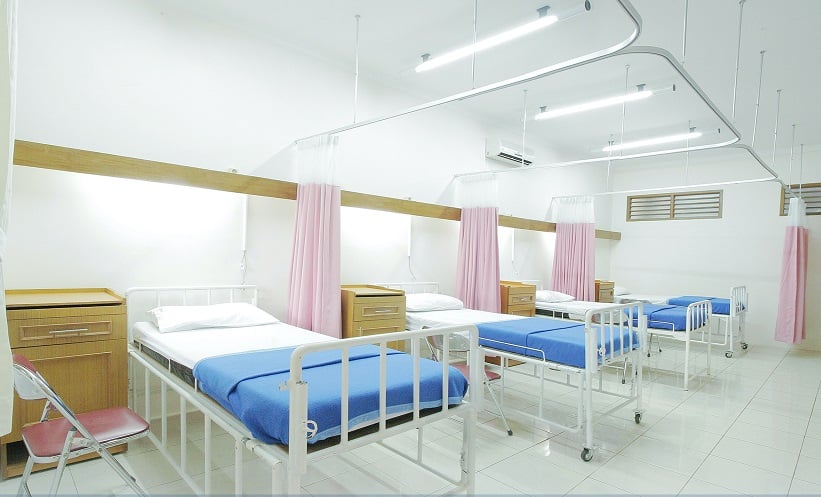A SPIKE in the number of hospitalisations for alcohol-related hepatitis occurred during the COVID-19 pandemic, according to the results of a retrospective study reviewing hospitalisation data from 37 states in the USA.
To study the impact of the pandemic on national alcohol-related hepatitis hospitalisations, the researchers analysed data from the National Inpatient Sample (NIS). The analysis identified that between 2016–2020, there were 823,145 hospital admissions for alcohol-related hepatitis.
The authors found that overall, there was a trend for increased alcohol-related liver disease in this time frame, with 146,370 admissions in 2016; 168,970 admissions in 2019; and 190,770 admissions in 2020. However, whilst there was an overall upward trend, the researchers reported that alcohol-related hepatitis hospitalisations were 12.4% higher in 2020 than they were in 2019. This annual percentage increase in cases was much higher than that seen between 2016–2019, at 5.1%. It was also noted that the largest increase in alcohol-related hepatitis hospital admissions occurred in those aged 18–44 years, with an almost 20% rise in cases. Furthermore, the researchers found that in 2020, in-hospital deaths increased by 24.6% compared to 2019.
Between 2019–2020, there was also a higher annual percentage increase in cases amongst females at 14.2% compared to 12.2% for males, and both of these were higher than the annual percentage increases between 2016–2019, which were 6.6% and 4.4%, respectively. The other notable difference revealed through the analysis was that between 2016–2019, the two highest income quartiles had the highest increase in alcohol-related hepatitis; however, between 2019–2020 the lower two income quartiles experienced the biggest increase in cases.
The study findings highlight the impact of the COVID-19 pandemic not only on increased alcohol-related hepatitis hospitalisations, but also increased disease severity, reflected by elevated mortality rates for those admitted during the pandemic.








